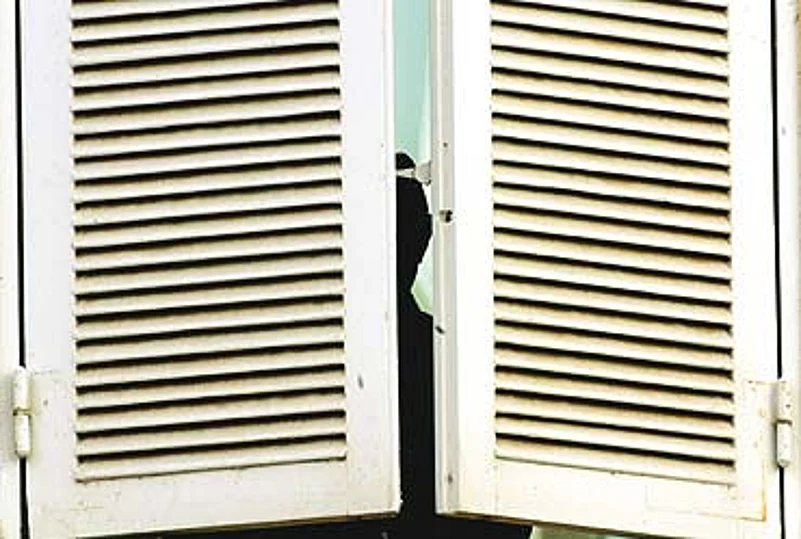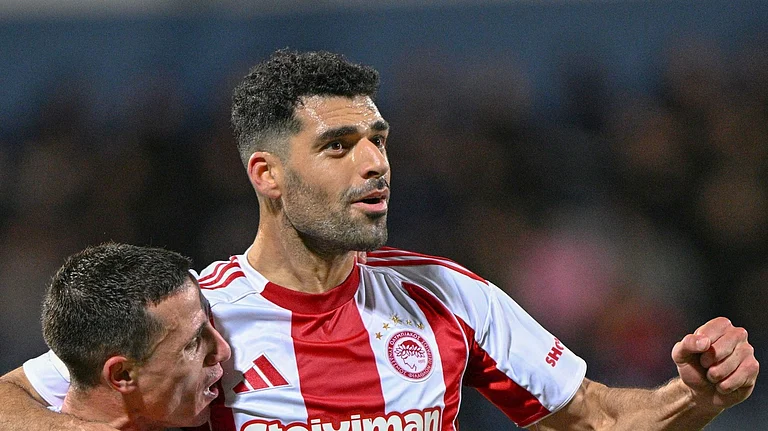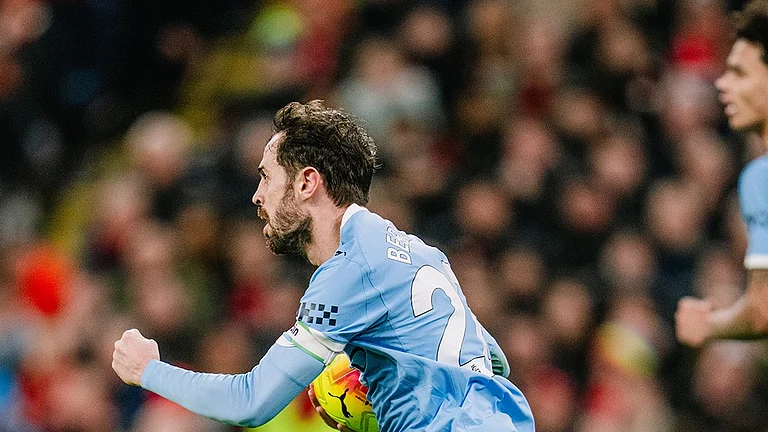Unfortunately, the Pope’s point of departure in the speech that rocked the world was indeed a medieval king, Emanuel Paleologus II, head of the Byzantine empire but under siege from the Turks. The Pope quoted the king as saying Islam was "evil and inhuman" and spread by the sword. He apologised but the first papal mea culpa was for the reaction it triggered, not for invoking the offensive passage. He stressed he wanted "a frank and sincere dialogue". The word "frank" stands for—let’s talk about terrorism and religious freedom in Muslim countries.
But instead of dialogue, there’s a harvest of denunciation, reminiscent of the Danish cartoon controversy. It has been seen as a "deliberate offence" by Muslims the world over. The believer-in-chief, President George Bush, was compelled to come to the Pope’s rescue and endorse his apology as "sincere". He persuaded Malaysian premier Abdullah Ahmad Badawi to issue a statement of "acceptance" as the chair of the 57-member Organisation of Islamic Conference. German Chancellor Angela Merkel too joined the papal defence forces which responded with a flurry of articles, explanations and background briefings.
That the quote was provocative is without question. Even the Pope’s defenders admit he barged in where he should have feared to tread. "It was a mistake. There is no way of getting around that," said Fr Daniel Madigan, a dean at the Gregorian University, one of the oldest Roman Catholic institutions. "If we want a dialogue with other religions, you have to let Muslims say what they believe. To quote this king who was at war with the Muslims is not fair. I hope he has learnt something from this."
But others noted that the extreme reaction in the Muslim world only reinforced the Pope’s point about religion as a motivation for violence. There is a huge paradox in rebutting accusations that Islam is violent by reacting violently. Father Ernesto Travieso, head of the Vatican’s documentation service and a Cuban, said the medieval past is soaked in blood from both sides. But he added that the Crusades came much after the expansion of Muslim power through North Africa, Spain and up to France within a 100 years of the Prophet. "Crimes were committed in the name of Christ but we have apologised," he said, naming three past popes who tendered apologies, albeit qualified. "Personally I would like to hear an apology from them for all that happened. Christians too have been victimised."
An Indian priest at the Vatican said the Pope wants harmony with the Muslim world and that the Vatican has taken a stand against the Iraq war. "You have to keep your doors open but it seems they are just waiting to pounce. This is fanaticism and we are just giving in. Do we have a head on our shoulders?" he asked. Pope Benedict surely does, and he has taken a harder line on radical Islam, challenging and critiquing it. He has called terrorism a form of "moral perversion". He wants a dialogue but one with "teeth", says John Allen, a respected analyst of the Vatican. The Pope’s teeth were visible in the ill-chosen medieval quote.
The Pope was staking out ground for Christianity against a resurgent Islam in the public square of world religions. He believes Islam has the potential to encourage extremism because of the concept of jehad. He also wants "reciprocity"—Christians must get the same rights and freedom to build churches in Muslim countries as Muslims get in the West. He has opposed Turkey’s entry into the EU because, as a Muslim country, it was "in permanent contrast to Europe".

But he’s equally harsh on the West for losing faith and morals, becoming overly secular, for falling birth rates and decreasing church attendance. Reports that thousands of whites in Europe and the US are turning to Islam for "answers" can’t have soothed him either. So he’s pushing the buttons unlike John Paul who, while harshly battling "godless Communism", actively promoted inter-faith dialogue. But one of Benedict’s first acts as Pope was to remove Archbishop Michael Fitzgerald, head of Vatican’s inter-religious dialogue, who was seen as "soft", and fold his department into the ministry of culture. Dialogue with other religions would henceforth be at a "cultural" level.
Benedict comes to other religions from what appears to be a position of superiority. He treats Islam as "the other" and doesn’t often even acknowledge Hinduism which is clubbed under "Asiatic religions". He makes it clear that Christianity is the only "true" religion. Before being elected Pope, he was the head of the Vatican’s doctrinal office, one that wards off any dilution of the faith. "It does get people’s back up when you say that not all religions are true. But then it becomes a nonsense if we say all religions are true. The real task is to respect other people," Madigan said.
The "others" who have dealt with the Vatican under Pope Benedict are sceptical. Sadhvi Chaitanya, a Hindu monk who attended an inter-religious dialogue near Rome in May, noted the "glaring contradictions in Vatican’s approach to religious traditions other than their own". The same month the Pope had sternly reminded the Indian ambassador of India’s secular tradition and complained about anti-conversion bills. "The Pope’s recent controversial speech, in which he traces secularism as the cause of various societal ills, stands in stark contradiction to his statement that India is not secular enough. Such incidents make one wonder about the Vatican’s interest and motives in engaging in dialogue," she told Outlook.
"If the Vatican could understand that every religious and spiritual tradition is as sacred as Christianity, and that they have a right to exist without being denigrated or extinguished, it will greatly serve the interests of dialogue, mutual respect, and peaceful coexistence," she added.

























